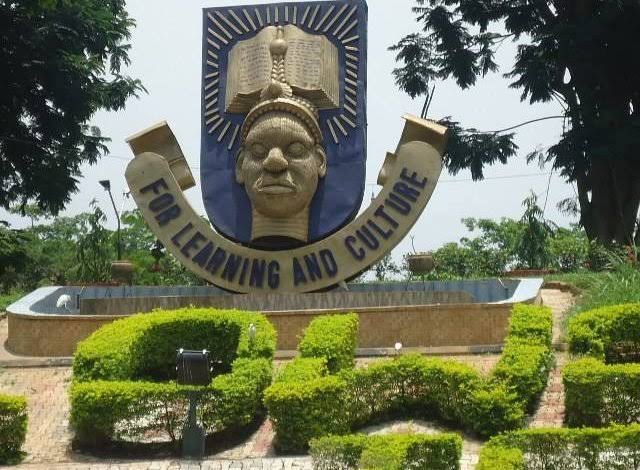Humanity
Climate Change: Delivering Objectives Of Act 2021 Without “Humongous Bureaucracy” – By Mardiyyah Omikunle
-
Politics5 months ago
13 Ondo Assembly Members Disown Endorsement of Aiyedatiwa
-
Politics4 months ago
APC Group, Ondo Govt, Quarrel Over Money for Endorsement
-

 Trending News3 years ago
Trending News3 years agoStop unsavoury, inciting statements – DSS warns
-

 Others2 years ago
Others2 years agoAdron Homes Celebrates 10 Years Of Housing Excellence
-

 Others5 years ago
Others5 years agoEX- CUSTOMS BOSS, IBRAHIM MERA’S DWINDLING FAME
-

 Business3 months ago
Business3 months agoBigi Carbonated Soft Drinks Treats 40 Consumers to an Epic Easter Movie Hangout
-

 Judiciary4 years ago
Judiciary4 years agoThe day Thugs Unleashed Mayhem on Idumuje Igboko
-
Sport1 year ago
Tottenham Captain Congratulates Nigeria’s Under-20 Team






